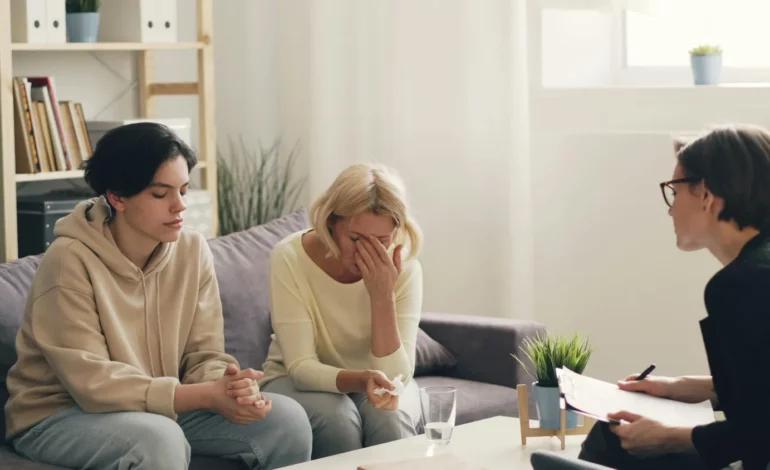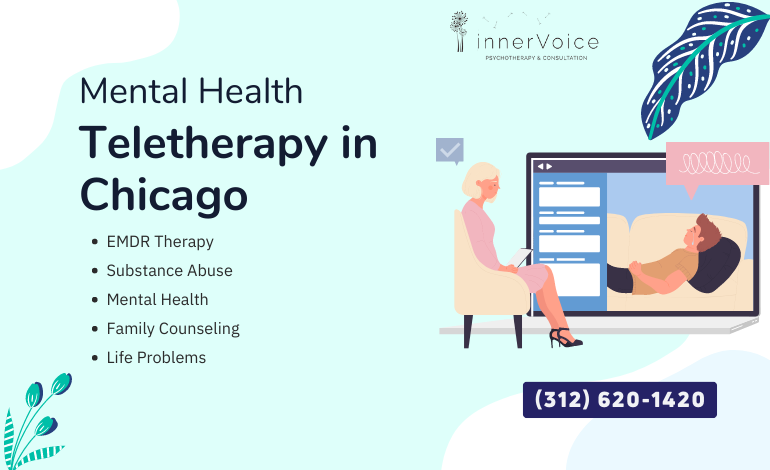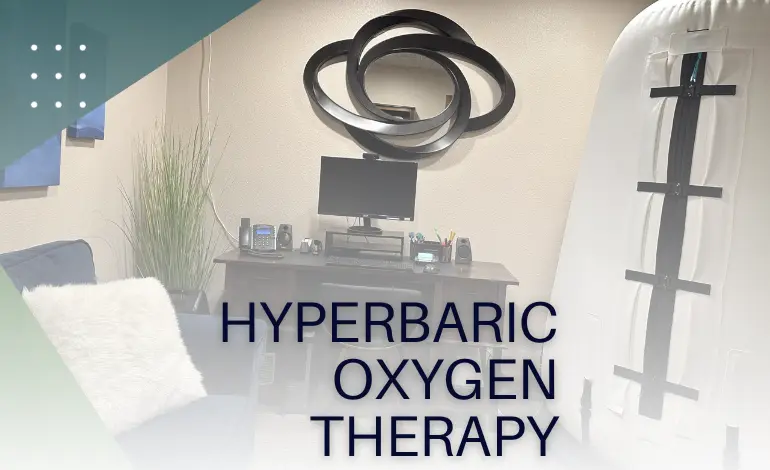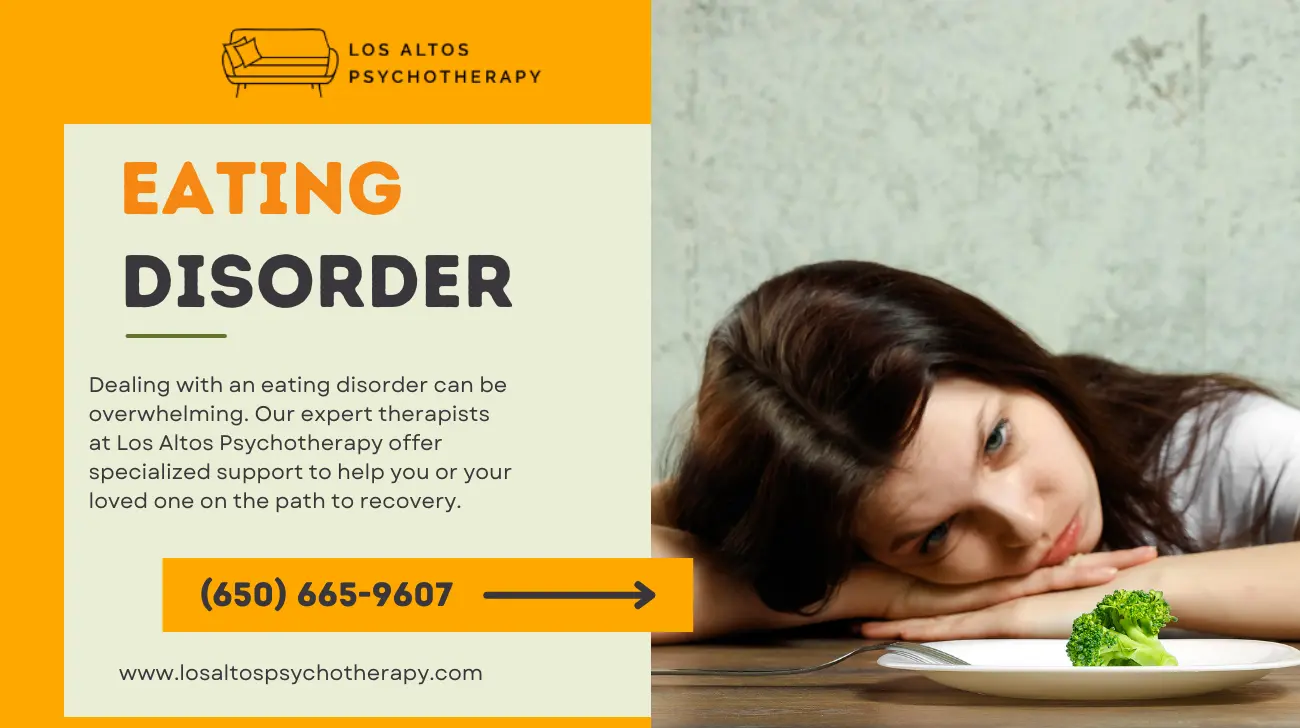How to Know That You’re Depressed and What You Can Do About It

Depression is an emotional state that many people experience at some point in their lives. It is not something to be ashamed of, nor does it mean you are weak or broken. Depression is a natural response to life’s challenges, and recognizing it is the first step toward healing.
Nicholas Harris is an Integrative Cognitive Therapist who offers therapy for depression in Chiang Mai Thailand. In this article, you will learn what depression is, how it can show up in your life, and, more importantly, what you can do about it.
Types of Depression
There are three primary types of depression, each with its own set of characteristics: minor depression, reactive depression, and chronic depression. Understanding these can help you identify where you might fall on the spectrum.
1. Minor Depression
Minor depression is often short-lived and you might feel down for a week or two, but after that, your mood improves, and you find yourself returning to your usual self. While this type of depression is often temporary, it’s still important to acknowledge it. Even minor depression can signal that something in your life needs attention, or it might just be time to listen to your body and rest – for example during times in a woman’s menstrual cycle.
2. Reactive Depression
This type of depression is typically triggered by a specific event. Perhaps you’ve lost a loved one, gone through a breakup, or experienced a job loss. These are significant life events that can throw anyone into a period of emotional turmoil. Reactive depression can last longer than minor depression, often lingering for months. During this time, feelings of sadness, anger, or hopelessness may persist, but they are often linked to a specific event or series of events.
3. Chronic Depression
Chronic depression is much more pervasive and long-lasting. If you’ve been feeling consistently depressed for an extended period – months or even years – it may be a sign that you are dealing with chronic depression. This type of depression can feel all-encompassing. It may affect your ability to function in everyday life, impacting your work, relationships, and general well-being. With chronic depression, you may feel as though there is no light at the end of the tunnel, and the weight of your emotions seems impossible to lift.
How to Know That You’re Depressed
Here are some common signs and symptoms that often accompany depression:
By paying attention to these signs, you can better understand your emotional health and know when it might be time to seek help.
Common Signs of Depression
Regardless of the type, depression can manifest in several key ways:
1. Lack of energy:
One of the most common signs of depression is a deep sense of fatigue. You may feel as though you have no energy, even after resting. Daily tasks, like getting out of bed, can feel overwhelming and everything might feel more difficult.
2. Loss of appetite:
Depression often impacts your relationship with food. Some people lose their appetite entirely, while others may overeat in an attempt to fill an emotional void. Either way, changes in your eating habits can be a sign that you are struggling emotionally.
3. Lack of enjoyment in previously enjoyable activities:
Activities that you once loved – whether that’s spending time with friends, pursuing hobbies, or even relaxing – may no longer bring you joy. Depression often dulls your emotional capacity, leaving you feeling disconnected from the things that used to make you happy. When you spend time with people, you might also feel as if you have nothing to say.
4. Low self-esteem:
A deep sense of inadequacy often accompanies depression. You might feel as though you’re not good enough, that you don’t deserve happiness, or that you are somehow failing in life. This feeling can become a vicious cycle, reinforcing your negative self-perception.
5. Low sex drive:
Depression can have a profound effect on your intimate relationships. You may notice a significant drop in your sex drive, or you may struggle to feel connected to your partner emotionally or physically.
6. Feeling as though life has lost its sense of purpose:
Depression can rob you of your sense of direction and purpose. You may feel as though there is no point in trying or that life is meaningless. This existential dread can lead to feelings of hopelessness and helplessness.
7. Losing the will to live:
In the most severe cases, depression can lead to thoughts of death or suicide. If you are experiencing these feelings, it’s crucial to seek help immediately. Reach out to a trusted friend, family member, or mental health professional.
These symptoms may come and go, or they may persist for long periods. Recognizing them is the first step in addressing your emotional health and taking action to feel better.
What to Do If You’re Depressed
If you’ve recognized the signs of depression within yourself, the next step is to take action. Healing begins with acknowledging your feelings and seeking support.
1. Recognize the Reality of Your Depression
The first and most important step is to admit to yourself that you are depressed. Denial only deepens the cycle, whereas recognition opens the door to healing. Understand that it’s okay to feel this way, and remember that you are not alone in your experience.
2. Reach Out for Help
Once you’ve acknowledged your depression, reach out to trusted people in your life. Share your feelings with those who matter most to you – family members, close friends, or even a mentor. Let them know that you aren’t feeling well emotionally and that you need their support.
Depression can often lead to isolation, and it’s important to resist that urge. Surrounding yourself with supportive people can help lift some of the emotional burden and prevent the depression from deepening.
3. Consider Therapy
In many cases, professional help can make all the difference. A therapist trained in treating depression can help you understand the underlying causes of your emotions and guide you through the healing process.
Therapy offers a safe space to explore your thoughts and feelings in a way that’s structured and supported. You’ll be able to look at the emotions behind your depression, confront unresolved issues, and learn practical tools to navigate your way back to a place of emotional stability.
Therapy can involve various techniques such as counselling, and hypnotherapy. The focus is on helping you process your emotions and uncover the patterns of thought that contribute to your depression. As you heal the emotional wounds underneath, you will notice a gradual shift in your thoughts. The negative thoughts that feed the depression will give way to more positive, constructive thinking patterns.
4. Break the Negative Thought Cycle
Depression often creates a negative spiral where negative thoughts lead to negative feelings, and those feelings reinforce the negative thoughts. This cycle can be relentless, but breaking it is possible. By healing the emotions underneath your depression, your thoughts will begin to shift naturally. As your thoughts change, so too will your emotional state. This positive upward spiral can help you regain control of your inner world.
The Gift of Depression: Finding Meaning and Growth
It might seem strange to think of depression as having a gift, but in many cases, depression can lead to profound personal growth. As you work through your emotions, you may find that the experience of being depressed has deepened your understanding of yourself and others. You may develop greater compassion for the emotional struggles that others face, and in doing so, you will begin to connect with people on a more meaningful level.
Depression can also be a signal from your psyche, urging you to look at the areas of your life that are out of alignment. Often, there is a message hidden within the depression — a message that something in your life needs to change. Whether it’s a job that doesn’t fulfil you, a relationship that no longer serves you, or simply a lack of self-care, depression can push you to examine your life and make the necessary adjustments to live more authentically.
Make Friends with Your Depression
The journey through depression is not just about getting rid of it. It’s about making friends with your emotions and learning to relate to them in a way that fosters growth and healing. Rather than pushing your depression away or resisting it, approach it with curiosity. What is this feeling trying to tell you? What changes do you need to make in your life to feel more aligned with your true self?
By developing a friendly attitude towards your emotions, you will not only heal from depression but also learn to thrive. Depression can become a stepping stone toward greater self-awareness, personal growth, and emotional wisdom.
Final Thoughts: A Roadmap to Healing
Depression is not the end of your story – it’s part of your journey. By recognizing the signs, reaching out for support, and seeking professional help when necessary, you can break free from the cycle of depression. Most importantly, understand that every emotion has a purpose. Depression, while painful, can lead to profound growth and transformation when approached with compassion and understanding.
If you would like to learn the Roadmap to heal any emotional challenge in your life, please visit the website to join free course, How to Heal Emotional Pain.
In this course, you’ll learn practical tools and techniques to help you understand and heal your emotions, leading to a happier and more fulfilled life.







